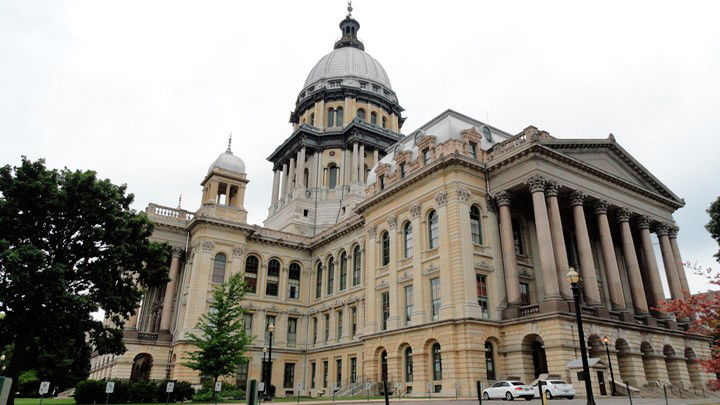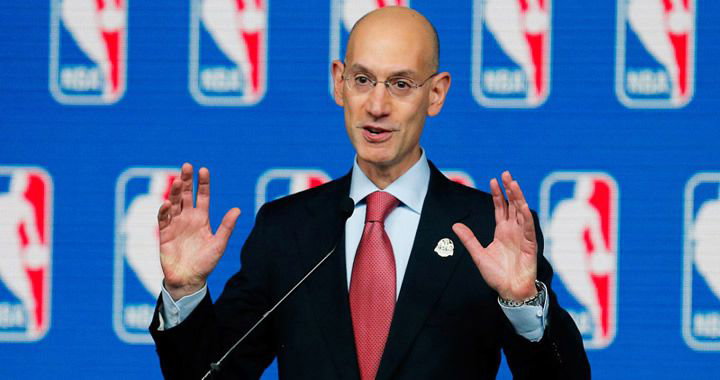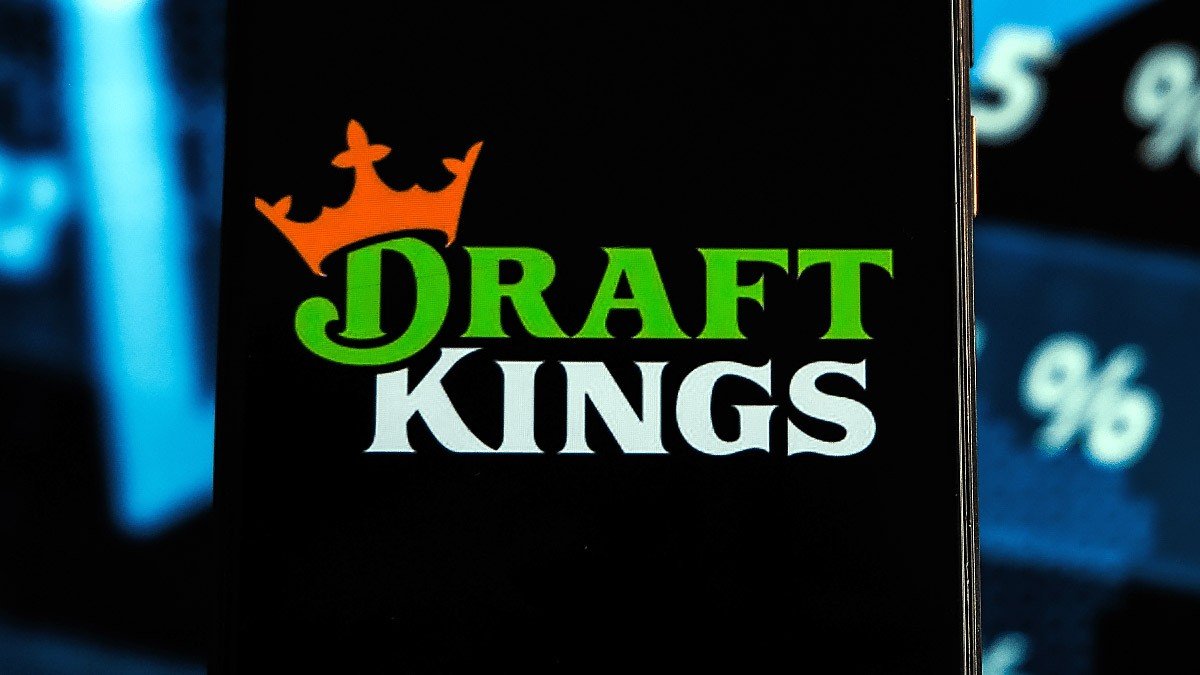Illinois lawmakers move to block Chicago’s proposed sports betting tax

Five Illinois Democratic lawmakers have introduced a bill that would prevent Chicago from imposing a local tax on sports betting, directly challenging a key revenue measure in Mayor Brandon Johnson’s latest budget proposal.
Rep. Daniel Didech, chair of the Illinois House Gaming Committee, filed House Bill 4171 (HB4171) on Oct. 20. The measure would amend the state’s Sports Wagering Act to bar “home rule units” - including municipalities such as Chicago and counties like Cook County - from levying taxes or fees on sports betting.
Didech said the proposal was a direct response to Johnson’s plan to add a 10.25% tax on revenue generated by online sportsbooks from bets placed within city limits. The mayor’s office estimates the measure could raise about $26.2 million annually to help close a $1.1 billion budget shortfall without raising property taxes.
“The regulation and licensing of sports wagering, including, but not limited to, the imposition of fees, surcharges, or other costs for the privilege of conducting or participating in sports wagering, are exclusive powers and functions of the State,” the bill states, effectively stripping local governments of any authority to tax or regulate the industry.
“When the legislature legalized sports betting in 2019, it was never our intent to allow local governments to create their own rules for this industry,” Didech said in a statement. “Chicago’s proposal will hurt consumers, drive vulnerable people to predatory illegal markets, and reduce state tax revenue. The city should work collaboratively with the state to ensure sound, informed policy decisions are made on this issue.”
Four other Chicago-area Democrats, Reps. Curtis Tarver, Edgar Gonzalez, Angie Guerrero-Cuellar, and Mike Kelly co-sponsored the bill.
“We need to pass this legislation to protect Chicagoans from another tax and prevent an unmanageable patchwork of local regulations,” Kelly said.
If enacted, the bill could nullify existing local taxes such as Cook County’s 2% levy on sports betting revenue and Chicago’s retail sports betting tax.
Illinois has significantly raised its own betting taxes in recent years. Lawmakers in 2024 replaced a 15% flat rate with a tiered structure ranging from 20% to 40% based on operator revenue, generating more than $260 million in additional tax income. Governor JB Pritzker’s 2025 budget further introduced per-wager surcharges of 25 cents on the first 20 million bets and 50 cents on wagers beyond that threshold.
The Chicago Financial Future Task Force had previously urged the city to pursue its own 50-cent per-wager surcharge on online bets, arguing that Chicago was missing out on up to $17 million annually since about 98% of bets placed in the city occur online and are untaxed locally.
The Illinois General Assembly reconvenes on Jan. 14, when HB4171 could be taken up for consideration.















